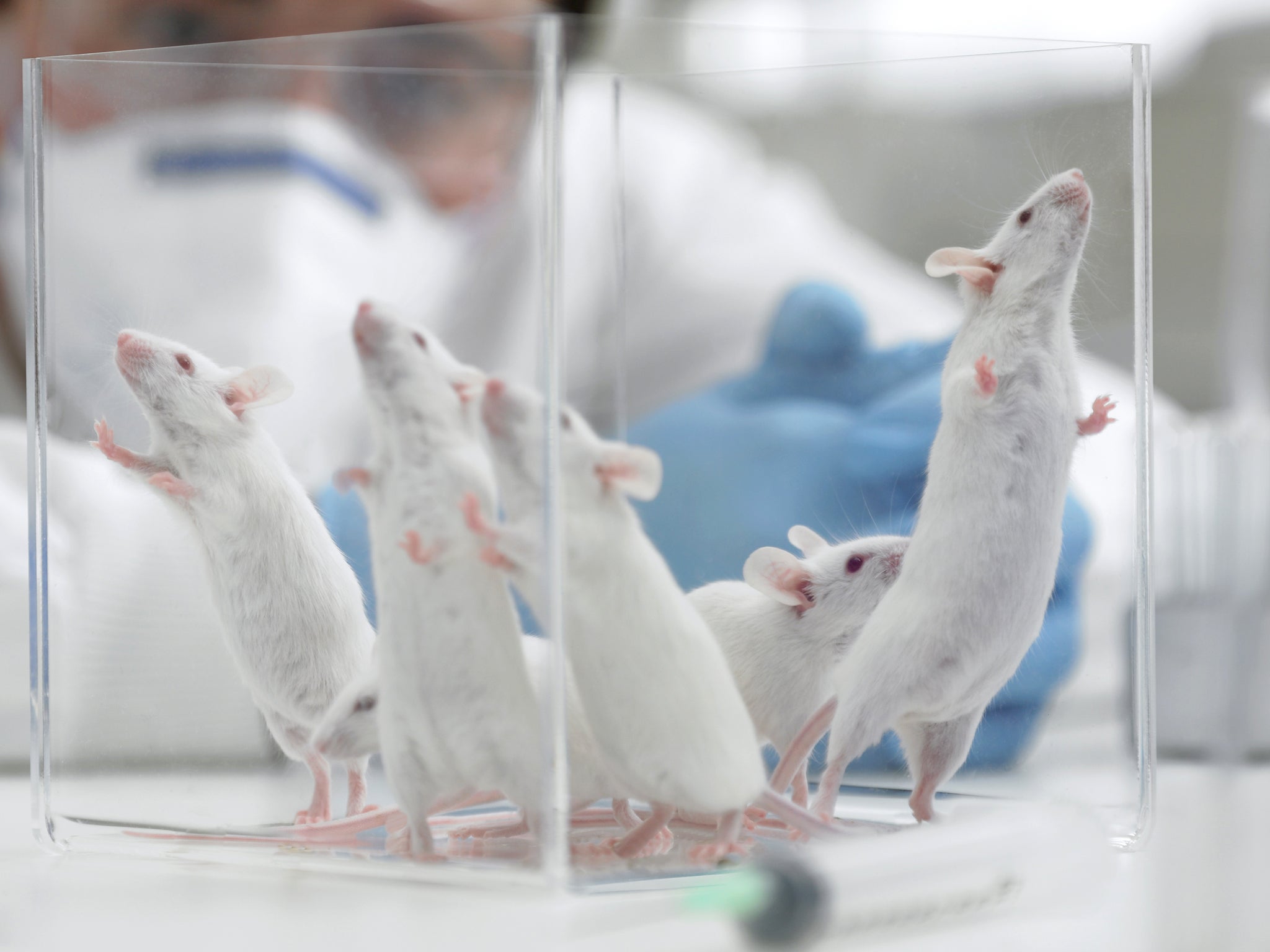Promiscuous mice have 'sexier smelling' sons
Female mice who have to compete for mates produce more desirable sons

Your support helps us to tell the story
From reproductive rights to climate change to Big Tech, The Independent is on the ground when the story is developing. Whether it's investigating the financials of Elon Musk's pro-Trump PAC or producing our latest documentary, 'The A Word', which shines a light on the American women fighting for reproductive rights, we know how important it is to parse out the facts from the messaging.
At such a critical moment in US history, we need reporters on the ground. Your donation allows us to keep sending journalists to speak to both sides of the story.
The Independent is trusted by Americans across the entire political spectrum. And unlike many other quality news outlets, we choose not to lock Americans out of our reporting and analysis with paywalls. We believe quality journalism should be available to everyone, paid for by those who can afford it.
Your support makes all the difference.Promiscuous mice give birth to ‘sexier smelling’ sons, new research has suggested.
A study conducted by the University of Utah found female mice who competed socially for mates bore sons who produced more urinary pheromones, making them more attractive to female mice.
“Pheromones are the language of mice,” Adam C. Nelson, the lead author of the study said. “When females mate in a socially competitive environment, they program their sons to have a head start by producing more pheromones.”
The research, published in the Proceedings of the National Academy of Sciences studied domestic mice who usually lived in paired cages and would therefore only mate with one partner. Researchers placed mice in mouse barns, which were divided by mesh in order to construct territories but allowed them to climb over the mesh to reach feeding stations, nesting places and drinking water.
They also made some of the territories more desirable than others, creating social competition.
The scientists found male mice whose parents freely competed for mates in the mouse barns produced 31 per cent more pheromones than male mice from caged monogamous parents.
However, male mice producing more pheromones also had shorter life spans than mice who were borne of monogamous parents.
Only 48 per cent of them lived to the end of the experiment, compared with 80 per cent of the male mice whose parents lived monogamously in cages. The authors concluded this may be because it takes so much energy to produce the sex attractants secreted in urine and glands.
“Production of pheromones is outrageously expensive,” Potts explained. “A single mouse’s investment in pheromone production compares with the investment that 10 male peacocks make in the production of their tails, which also are used to attract females.”
The team believe their behaviour shows an ‘epigenetic’ process working to increase the mating success of sons. Dr Potts explained: “If your sons are particularly sexy, and mate more than they would otherwise, it’s helping get your genes more efficiently into the next generation.”
They concluded that breeding captive animals in socially competitive environments could give species a better chance at surviving when being reintroduced back into the wild.
“It’s amazing how often reintroduction of captive-breed endangered species fails – it’s estimated to be as high as 89 percent,” he added. “Domestication stimulates epigenetic mechanisms that make animals less fit for nature.”
Join our commenting forum
Join thought-provoking conversations, follow other Independent readers and see their replies
Comments